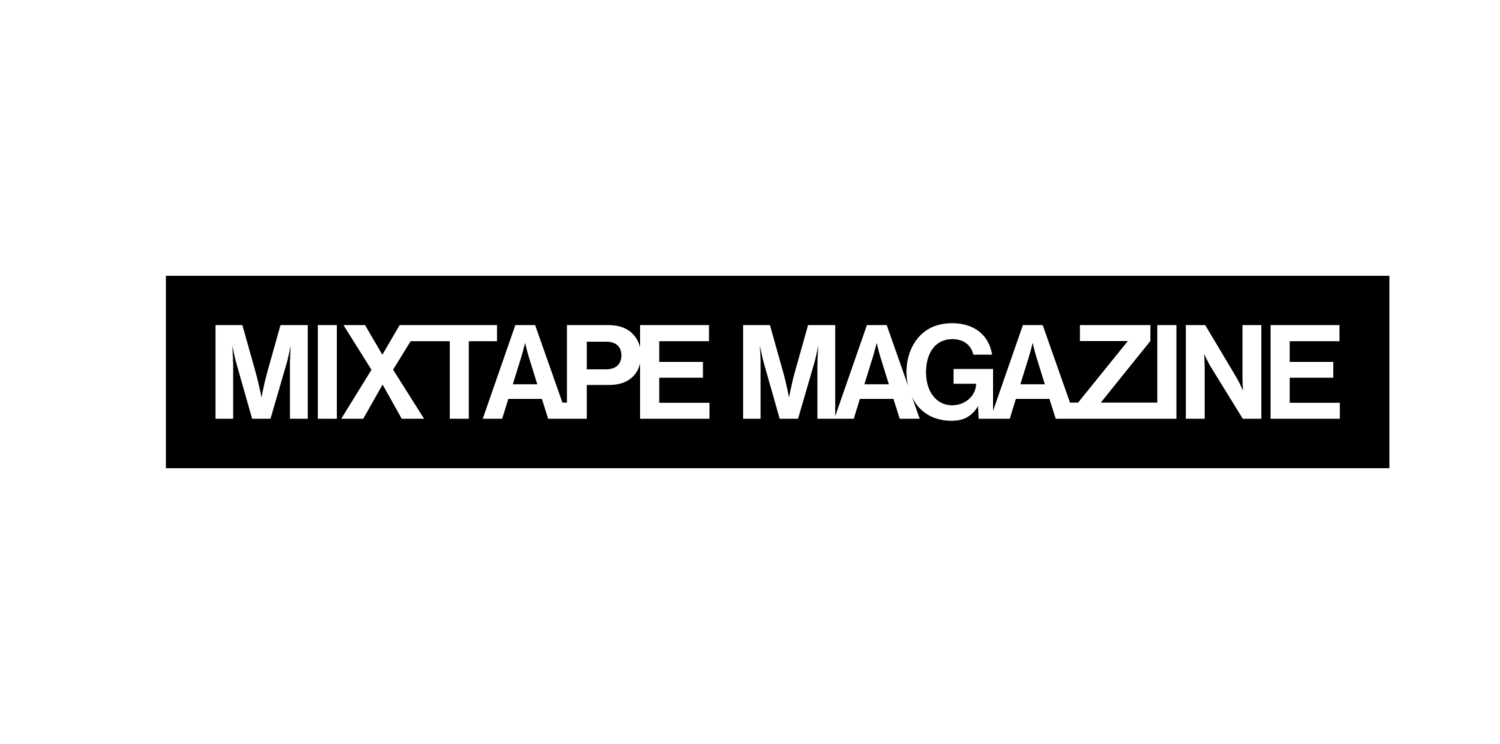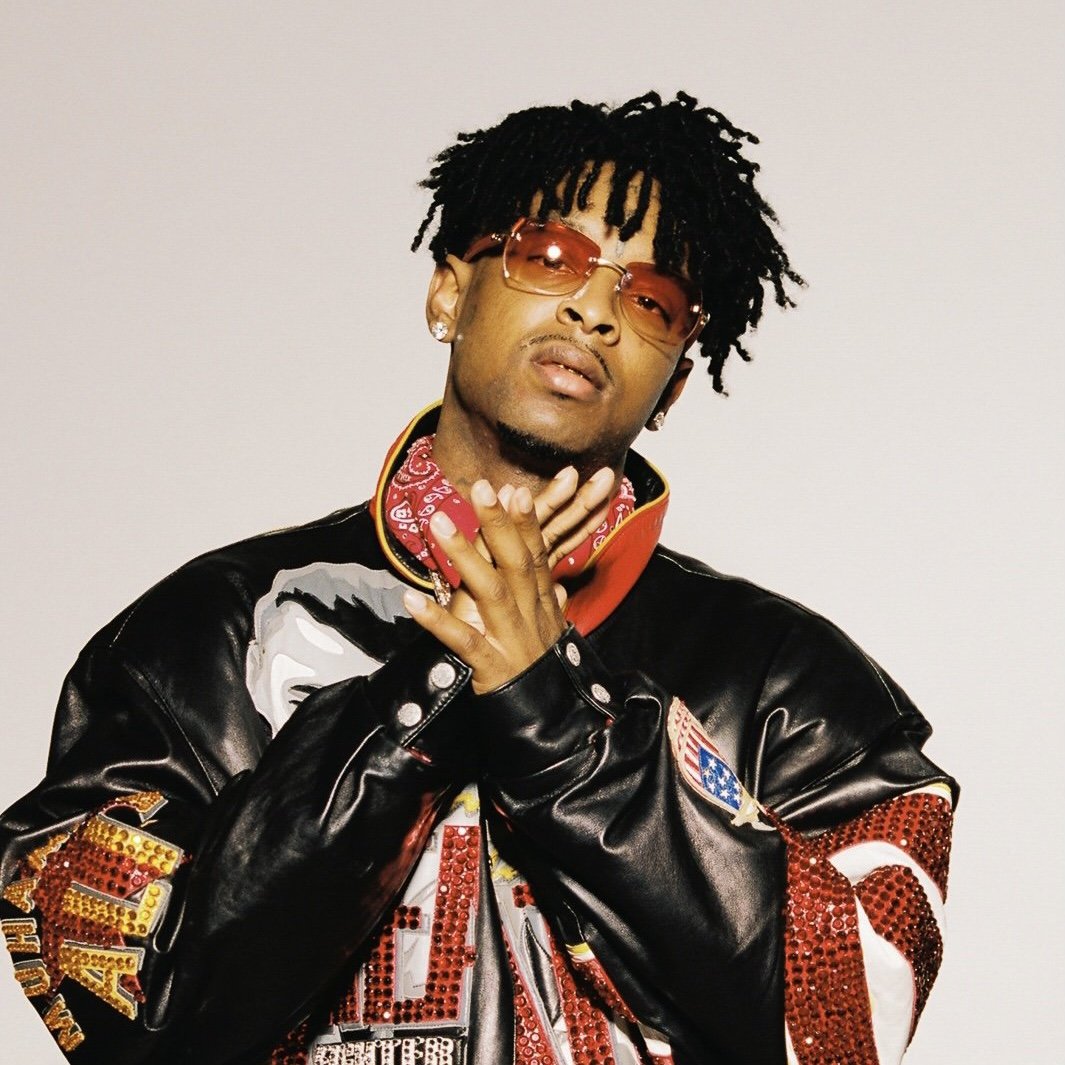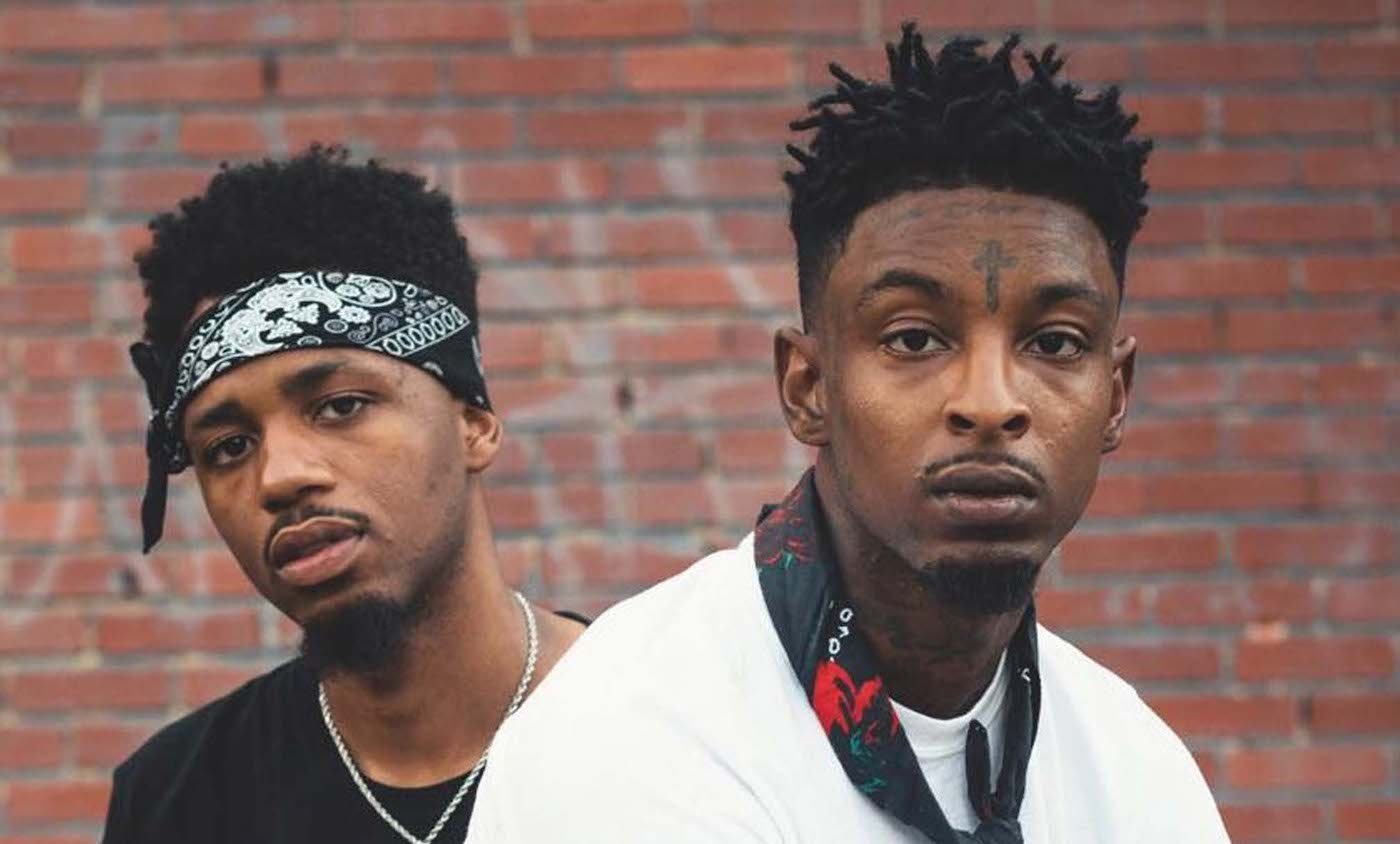How Did 21 Savage Get So Good?
By: Noah Weinberg
Guess what? 21 Savage wasn’t always a good rapper. In fact, for the first portion of his career, Sir Savage the 21st was a well below-average, supremely underwhelming artist. His first two albums, The Slaughter Tape and Slaughter King, are comprised of cold, boring, and monotonous trap music. 21 was a walking meme for most of the 2010s, known generally for the inky-black knife tattooed across his forehead. Because he lacked any distinguishable talent, Savage’s music felt blander than a three-week-old Triscuit.
At the time of his coveted 2016 XXL Freshman placement, 21 Savage wasn’t built to last in hip-hop's ever-changing landscape. With music so dull and unpolished, the odds of 21 reaching sustained commercial success were astonishingly low. Moreover, the buzz surrounding fellow 2016 Freshmen like Lil Uzi Vert, Anderson .Paak, Desiigner, Lil Yachty, and Kodak Black far surpassed that of 21. Without drastic artistic development, 21 Savage would likely fade into the same invisible irrelevance as the many once-blossoming rappers before him.
A year removed from that spot on the XXL Freshman list, it still wasn’t a sure bet that 21 was here to stay. Sure, he’d accumulated some hit records to his catalog, like “No Heart,” “X,” and “Bank Account” off Savage Mode and Issa Album. But his success felt much more like happenstance rather than the product of hard work. Artistically speaking, 21 Savage still wasn’t someone to expect much from. Take his biggest song, “Bank Account,” for example. With a repetitive flow, mercilessly cliche subject matter, and a mindnumbing hook, 21 Savage left much to be desired. “Bank Account” remains just as one-dimensionally meme-oriented since its release in 2017. Fans across the world may adore it, but really, how impressive is the chorus:
“I got 1-2-3-4-5-6-7-8 M's in my bank account, yeah (on God)
In my bank account, yeah (on God).”
However, by November 2018, an elevated version of 21 Savage was beginning to take form. Although he’d previously collaborated with producer Metro Boomin numerous times, the pair reached new heights on Without Warning, a collab album between Boomin, Savage, and fellow Atlanta rapper Offset. Believe it or not, locking yourself in the studio with one of trap music’s most acclaimed producers is a fantastic way to improve your music’s quality. Metro Boomin and 21 Savage’s upgraded chemistry resulted in a more refined sonic landscape, as Metro’s frigidly fierce instrumentals partnered beautifully alongside 21’s calculated flow patterns. As evidenced by the music, Metro Boomin guided 21 Savage to work beside his production rather than against it. Through trial and error, the so-called “Saint Laurent Don” gradually became one with the beat instead of just choppily rapping atop it.
Those improving skills culminated beautifully on Savage’s sophomore solo album, 2018’s i am > i was. It was evident that 21 had hit the figurative gym in his brief hiatus, as his writing and delivery took a significant step forward compared to previous records. For instance, take the album’s penultimate track, “letter 2 my momma.” Here, 21 delivers a note of appreciation toward the woman that raised him, utilizing vivid imagery through an intelligently introspective lens. “Letter 2 my momma” is the type of song we wouldn’t have gotten from 21 years prior. However, through deliberate openness and self-reflection, 21 Savage maturely showed listeners a new side to him, all while seamlessly rapping over a gorgeous instrumental.
This brings us to 2020’s Savage Mode II, another collab album with Metro Boomin. The rare sequel that’s better than the original, this project finds 21 in his artistic prime. With writing as sharp as the blade on his forehead, 21 continued to show he was more than capable of commanding a trap hit. On the 2x platinum “Runnin,” 21 berates the listener with one witty bar after another. While on “RIP Luv,” Savage delivers a heartfelt message about his disillusionment with romance, further demonstrating his ability to carry an album through his perspective on substantive topics.
While 21 Savage’s solo music improved with i am > i was, the quality that brought 21 to superstar status was his knack for stealing the show as a feature artist. Savage’s prowess as a fantastic feature isn’t by accident. His distinct, subdued musical style and cadence allow him to act as a perfect complementary piece to a song. Most rappers are brash and in the listener's face, but not England’s golden child. Savage’s deadpan, almost lackadaisical delivery contrasts nicely with whomever he collaborates with. Savage can spit with rap’s elite, like on J. Cole’s “m y . l i f e” or JID’s “Surround Sound.” Yet, 21 has demonstrated his vast versatility on guest spots, like when he carried the entirety of Calvin Harris’ 2022 summer jam, “New Money.” As a result, 21 Savage’s feature run from 2018 to the present day is one of the most celebrated in recent memory, with mainstream audiences also taking notice. 21’s songs with Post Malone, Young Nudy, NBA Youngboy, and Drake (2x) are the most streamed track on each collaborator's respective album. This is due mainly to 21 Savage's prioritization of clear vocals and smooth transitions. Take “Jimmy Cooks,” Drake’s #1 Billboard Hot 100 smash from this summer, as an example. As the production shifts to a fresh, more menacing beat at the track’s halfway mark, Drake tees up the Atlanta rapper with the line, “If I let my n***a 21 tell it, you a” before “the pride of London” bursts through with an elongated “pussy.” Admittedly, this entrance isn’t groundbreaking, but ear-grabbing introductions like this one only bolster 21’s value as a desirable feature.
21 Savage’s remarkable improvement reached its pinnacle on his most recent collab album, 2022’s Her Loss, with none other than Drake. Although 21 played more of a supporting role on Her Loss, his cold-blooded, carefully penned verses left nearly everyone satisfied. It’s difficult to find a gripe with 21’s performance on Her Loss, as his brooding vocal inflection contrasted exquisitely with Drake’s soft crooning. 21 even did justice to Drake’s timestamp series, as “3AM on Glenwood” sees Savage reminiscing on his hometown with exceptional introversion. It’s one thing to have an entire album with the most famous rapper in the world; it’s something else entirely to leave said album with more street cred, acclaim, and mainstream popularity than ever before.
One crucial element to 21 Savage’s artistic evolution is his unique mindset toward the rap game. Unlike most of his contemporaries, Savage’s goal isn’t to be the undisputed greatest rapper of all time. As he said on a podcast with Math Hoffa, “that’s not what I’m in it for. I want to be the greatest me! I don’t care about being the greatest rapper.” That mentality of simply focusing on what’s controllable has paid substantial dividends for 21. He’s one of hip-hop’s brightest stars, fresh off delivering the highest first-week album sales of any hip-hop project this year with Her Loss. Yet, 21 has also garnered respect from some of the genre’s most legendary figures. After calling rapper Nas “irrelevant” during a recent interview, the two joined forces on a track to bury the proverbial hatchet. On the newly released “One Mic, One Gun,” Nas and 21 strike a harmonious balance between hip-hop’s past, present, and future. In his opening verse, 21 spits to the Illmatic rapper:
When you turn to legend, no such thing as relevance (21, 21)
They must've forgot that I'm a new rapper that got integrity (21, 21)
Savage’s ability to unintentionally insult, collaborate, and release music with the rapper he disparaged, all within two weeks, is undeniably impressive. Recognizing your wrongdoings and working to overcome them is a certifiably mature trait that not many artists hold, but 21 Savage is far from the typical artist.
So, how did 21 Savage get so good? How did the “10 Freaky Girls” rapper earn the title of hip-hop’s most improved player? First and foremost, 21 Savage deserves a gargantuan amount of credit for diligently working hard to improve the quality of his music. 21 labored in the studio for years to turn his weaknesses into strengths. In 2016, 21 Savage’s writing, delivery, and flow lacked depth due to his shallow and lazy creative decisions. Six years later, 21 is a respected lyricist, widely admired for his chuckle-worthy punchlines. Savage’s delivery is now consistently precise and poignant, while his flow continues to flourish in its gloom-filled ferocity. Not to mention, 21 has also grown into a significantly more versatile artist, as every so often, we’ll get to hear the Slaughter Gang rapper tap into his RnB side. Since no one in contemporary hip-hop has advanced before our eyes quite like 21 Savage, it’ll be fascinating to see what he does next with his career. There is still much room for further creative development, but I’d argue that the sky's the limit for 21 Savage.


